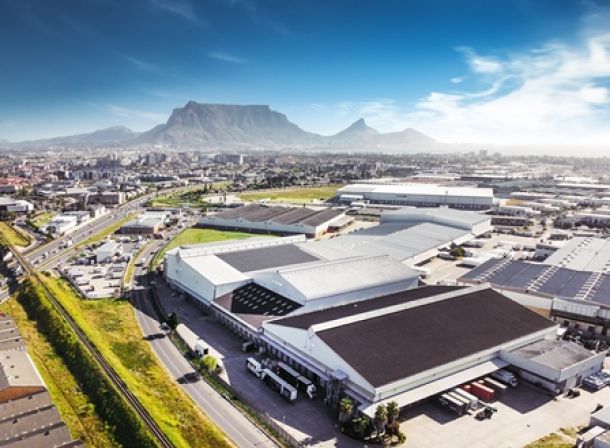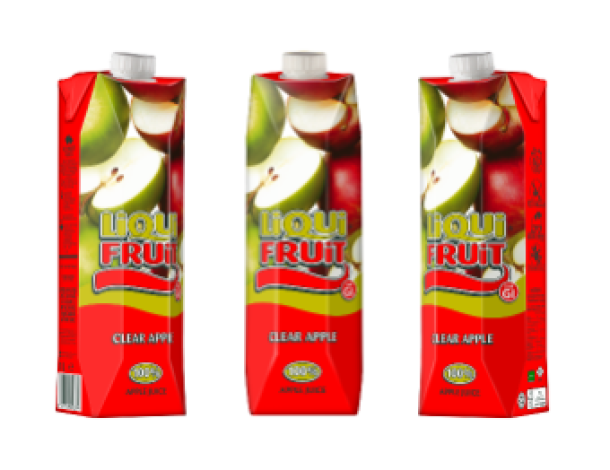Motivations for same-day delivery
Same-day delivery is one of the biggest challenges facing retailers and manufacturers in today’s food and grocery market.
It challenges the very model that has allowed modern trade to thrive in regions around the world. Is it a challenge that can be overcome? And does it really need to be?
Who or what is driving the agenda?
What’s motivating food and grocery businesses to develop a same-day service? Are they competing to outdo each other? Or to appeal to a legitimate customer expectation? The answer seems to be a bit of both.
Currently, businesses with large store networks have the broadest coverage. For example, Tesco in the UK offers a same-day delivery service to 99% of the country – but it has over 3,000 stores from which it can assemble orders. Contrast that with Amazon – a business renowned for its customer centric approach. Its UK offer is currently limited to densely populated parts of the south-east.
The ability of businesses to achieve same-day delivery currently appears to hinge on one critical factor – proximity to the customer.
Those without such a broad store footprint are exploring more tactical approaches. For example, Co-op’s trial with Deliveroo in Manchester or Target’s same-day service in Alabama and Florida, which uses Shipt’s platform. These tend to serve densely populated areas and offer limited product ranges. Critically, orders are assembled and dispatched from stores within the customer catchment area – meaning the store network is the lynchpin.
Are highly automated fulfilment centres enough without a store network?
What about manufacturers?
Manufacturers are getting in on the action too, with the direct-to-consumer model being explored as well as more innovative variations on the theme, like INS. When operational, the online platform will allow manufacturers to sell directly to consumers through a decentralised marketplace. It comes with the added benefit of allowing manufacturers to personalise marketing. These solutions still rely on fulfilment centres but it is highly unlikely that they’ll ever be as numerous and well distributed as stores. Product ranges are limited and mainly comprised of non-perishable products in the few examples I’ve seen of fulfilment centres located close to dense populations centres.
All of this is triggering an invasion of space and the blurring of the line between online and offline retail, with mainly offline retailers seeking to establish a presence online and vice-versa. This is a trend highlighted in our “trends transforming the global supply chain”. A consequence of this may be the reassessment of each store’s current and potential value to organisations. For example, a low sales density store, which happens to be close to an online customer base may well be seen in a very different light to a retailer looking to expand its same-day online offer.
Where will we end up?
The right balance will be different for each business. Not all businesses will achieve a same-day delivery offer everywhere, and whether they need to remains in question. What does seem likely, though, is that in searching for the right balance, businesses will keep chipping away at each other’s market share and this will continue to power the innovation cycle. It’s interesting that same-day delivery is neither cheap for consumers or the businesses offering it. It’s also expensive from an environmental point of view as smaller, more regular deliveries mean more vehicles are on the road. As the percentage of trade coming from the online space continues to grow, it feels like something will have to give…
Related Articles

Clicks expands service delivery with the openin...

SPAR drives logistics innovation across distrib...

Futureproofing the supply chain in Sub-Saharan ...

Pioneer foods announces recall of certain 100% ...


